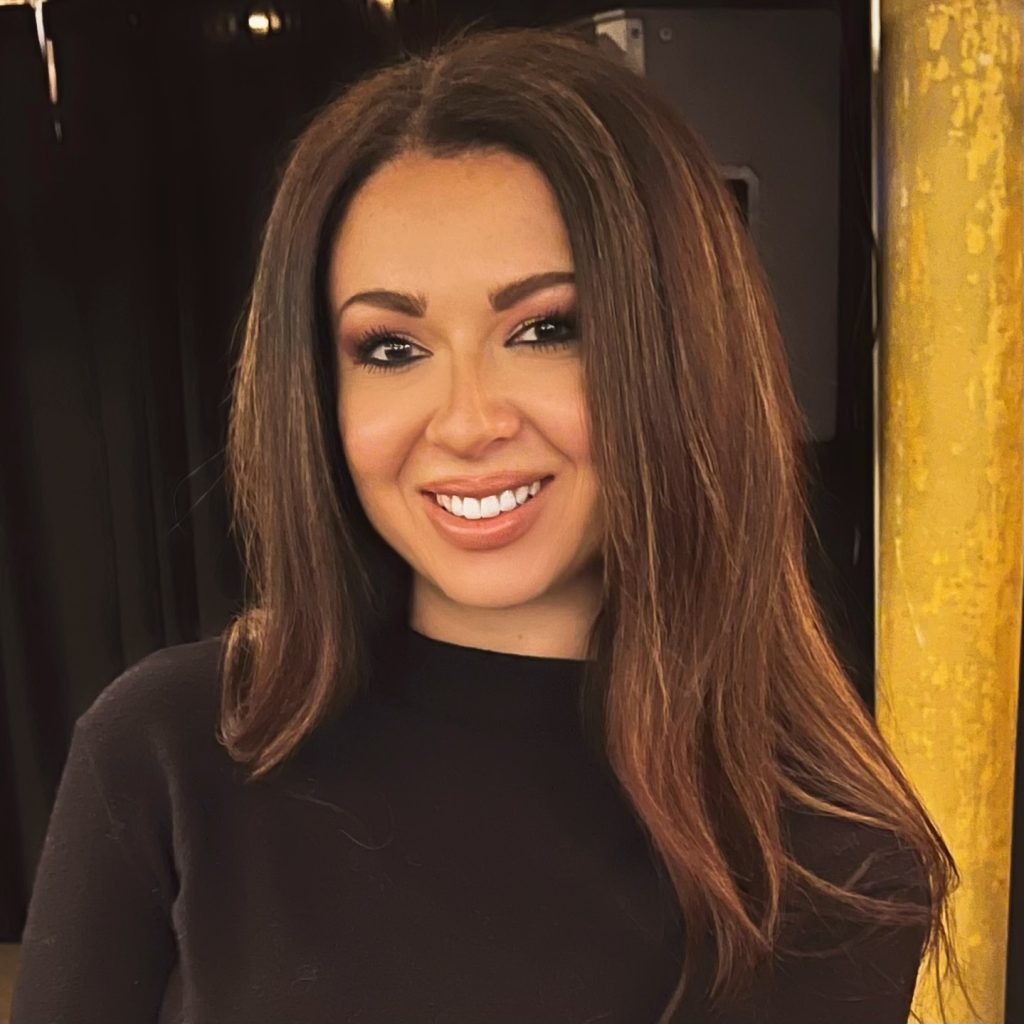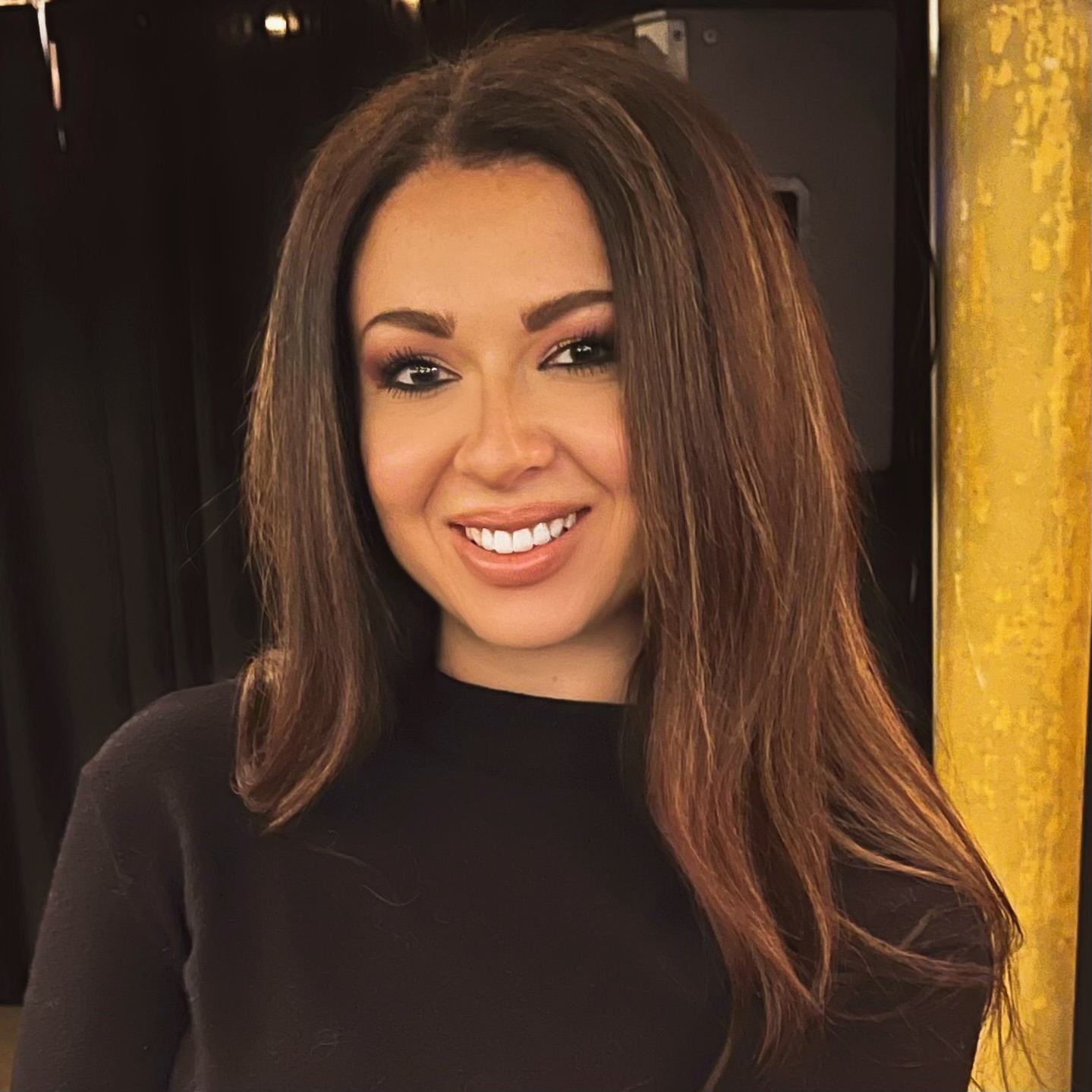Sleep supplements are available just about anywhere. From your local grocery store or pharmacy to even online retailers, purchasing a sleep supplement is a breeze — and there’s no shortage of brands or types of sleep supplements to choose from.
The global sleep supplements market is so vast that it reached an estimated $78 billion in worth in 20221. By 2032, that number is predicted to climb as high as $131.35 billion. Still, as supplements, these sleep aids aren’t regulated the same way as prescription medications, so you may be wondering what steps are taken to evaluate sleep supplements and their safety.
The short answer is that it’s complicated, but luckily, we’ve got an easy breakdown of how exactly reputable sleep supplements are evaluated and which organizations are behind the testing. Here’s how the process works, and if you’re also curious about what supplements help you sleep, we have those answers as well.
What Are Sleep Supplements?
In short, sleep supplements are sleep aids sold without a prescription. While there are various sleep supplements on the market, some popular choices include melatonin, valerian root, or chamomile. CBD is another sleep supplement being widely used as it becomes legalized in many states across the U.S.
Sleep aids can be used for numerous needs. Some people turn to them to alleviate jet lag or to get better sleep during shift work, while others take them more frequently for trouble falling or staying asleep (or both). They can also be used short- or long-term, depending on your needs.
Sleep supplements are available for both children and adults. For many people, sleep supplements may feel like a safer choice than prescription sleeping pills2, which can come with the risk of dependency and potentially dangerous side effects like trouble driving.
Are Sleep Supplements Regulated by the FDA?
Unlike prescription medications, which undergo strict procedures and testing before being used, supplements aren’t regulated by the FDA3 in the same way. That’s because vitamins and minerals, and even natural sleep aids, are classified as “dietary supplements.”
The FDA maintains a clear stance on supplements, noting that “the FDA does not approve dietary supplements for any purpose.”3
While it may come as a surprise, many companies can actually produce and sell dietary supplements like sleep supplements without ever notifying the FDA. So, how exactly are sleep supplements regulated then?
The Dietary Supplement Health and Education Act of 1994
Around 30 years ago, an important act was passed to help ensure the safety of supplements. The Dietary Supplement Health and Education Act of 1994 helped create these new guidelines4:
- Manufacturers and distributors of dietary supplements and dietary ingredients are prohibited from marketing products that are adulterated or misbranded.
- The FDA has the authority to take action against any adulterated or misbranded dietary supplement product after it reaches the market.
In short, firms that produce supplements are responsible for evaluating the safety and labeling of their products before marketing them to the public to ensure they meet FDA standards. While companies selling reputable sleep supplements will likely take these steps, it ultimately rests on the consumer to do their research or speak to a healthcare provider before starting a supplement.
Current Good Manufacturing Practice
Good Manufacturing Practices (GMP), also known as current Good Manufacturing Practice5 (cGMP), is an important step taken to help ensure the quality of dietary supplements like sleep supplements. Basically, these regulations monitored by the FDA ensure that supplements are produced and controlled to the same set of standards.
Reputable sleep supplements will often take the extra step of labeling their products with a GMP logo, which means that the product has met the FDA’s current Good Manufacturing Practice. This is something to keep an eye out for as you shop for a trustworthy sleep supplement.
Who Tests Sleep Supplements?
There are several companies and organizations that test sleep supplements for safety. Here’s a quick breakdown of who’s evaluating sleep supplements today.
U.S. Pharmacopeia
United States Pharmacopeia, or U.S. Pharmacopeia and/or USP, is an organization that sets standards for healthcare products6 in the United States. Every five years, USP will publish revised standards for drugs to help maintain relevant and safe standards.
For dietary supplements in particular (which include sleep supplements), USP has a Dietary Supplement Verification Program7 that essentially offers an independent third-party “stamp of approval” to verify product quality, ingredient list, and other factors.
While a USP verification isn’t necessary to sell sleep supplements in the U.S., it helps give brands more authority when it comes to their reliability and trustworthiness amongst consumers.
NSF
NSF, or the National Sanitation Foundation, is a leading authority for independent third-party certification in the U.S. The organization’s Supplement and Vitamin Certification8 program tests supplements for harmful levels of contaminants and certifies the ingredients listed on the label.
All supplements certified by NSF go through a label claim review to make sure there are no hidden ingredients, as well as a toxicology review to certify product formulation. However, NSF doesn’t test for efficacy, or how well a product works.
ConsumerLab.com
ConsumerLab.com is another U.S.-based organization that offers independent third-party testing to supplement brands. It works a little differently from other certifying agencies by publishing independent product reviews9 of products it selects, purchases, and tests.
Reviews are funded by membership fees and available to subscribers. On the ConsumerLab.com website, you can view individual reviews of numerous supplements, including those used for sleep.
CVS
While the pharmacy giant CVS doesn’t personally test supplements, it only sells supplements that have been independently verified and tested10 by third-party labs. This means that all supplements sold at CVS contain both the listed ingredients and listed amounts per serving.
Supplements carried by CVS also can’t exceed set standards for potentially harmful compounds such as metals, pesticides, microbiological components, industrial contaminants in fish oil, known adulterants, and “free from” claims.
Currently, CVS partners with four independent third-party testing organizations: Verified Active Ingredients, Eurofins, NSF, and U.S. Pharmacopeia.
Is it Safe to Take Sleep Supplements?
In general, many sleep supplements are safe to take but still carry the risk of certain side effects.2 While these side effects vary depending on the type of sleep supplement, they can include next-day drowsiness and trouble concentrating. They can also interact with other medications.
Ultimately, whether a sleep supplement is safe for you will depend on your age, current health, and if you have any diagnosed medical conditions or take prescription medicine. Some people are also sensitive to sleep supplements and may not tolerate them for reasons unknown.
If you’re not sure whether a sleep supplement is safe for you, it’s always a good idea to check with a healthcare provider. You’ll also want to do your homework and purchase sleep supplements from reputable, trusted brands that have undergone third-party testing.
What Supplements Aid Sleep?
Sleep supplements like melatonin, magnesium, valerian root, and tart cherry juice can all be effective for sleep. Which one is right for you will depend on your sleep concerns and overall health.
Explore our expert-vetted picks for the following supplements:
- Best Melatonin Supplements for Sleep
- Best Magnesium Supplements for Sleep
- Best CBD Oil for Sleep
- Tart Cherry Juice for Sleep
When to Talk to Your Doctor
If lack of sleep is disrupting your everyday life or having negative health consequences, you should always talk to a doctor to develop a treatment plan that’s right for you. It’s also a good idea to talk to a doctor if you’re considering using a sleep supplement and want to know about the potential pros and cons of using that supplement, or if it’ll help with your concerns.
Tips for Better Sleep Without Supplements
Sometimes, better sleep doesn’t always rely on sleep supplements or even prescription sleep medicine. There are numerous lifestyle changes you can make that can help you get some much-deserved shut-eye.
Practicing good sleep hygiene, or the set of behaviors, habits, and environment surrounding your sleep, can make a world of difference in the quality and quantity of your sleep. Try these tips for better sleep without needing to turn to sleep supplements.
- Maintain a cool, dark, and quiet bedroom
- Go to bed and wake up at the same time every day
- Develop a consistent bedtime routine
- Avoid phones, computers, and TV before bed
- Don’t drink caffeine late in the day
- Steer clear of nighttime alcohol use
- Exercise daily
Still, even if you practice good sleep hygiene, you may need a little extra support with your sleep, and that’s where sleep supplements can come in handy. As always, speak to a healthcare professional to determine which sleep supplement, if any, might be right for you.
Frequently Asked Questions
Are sleep supplements worth it?
Many people swear by sleep supplements for better rest. Whether or not a sleep supplement can be worth it for you will depend on how well it works to tackle your sleep concerns.
What is the safest sleeping pill to take every night?
One sleeping pill isn’t necessarily safer than the others. Instead, the safest sleeping pill to take every night can vary from person to person and depend on factors such as underlying health conditions or other prescription medication that a person might take.
Is 20mg of melatonin too much?
Melatonin is typically sold in doses of 1 to 10 milligrams11, which is the range recommended by most health experts. Since 20 milligrams is outside of this range, it may not be safe to take.

Ashley Zlatopolsky
Content Writer
About Author
Ashley Zlatopolsky is a Detroit-based writer and editor who specializes in sleep content. She writes about sleep health, hygiene and products for Sleep Advisor, Mattress Clarity, Real Simple, Sleep.com and more.
Combination Sleeper
- Certified Sleep Science Coach
Education & Credentials
References:
- “Sleep Aids Market”. Precedence Research. 2023.
- “Sleeping Pills”. Cleveland Clinic. 2021.
- “Facts about dietary supplements”. U.S. Food & Drug Administration. 2023.
- “Dietary supplements”. U.S. Food & Drug Administration. 2023.
- “Current Good Manufacturing Practices (cGMPs) for food and dietary supplements”. U.S. Food & Drug Administration. Webpage accessed January 13, 2024.
- “United States Pharmacopeial Convention”. National Library of Medicine. Webpage accessed January 13, 2024.
- “USP’s Dietary Supplement Verification Program”. USP. Webpage accessed January 13, 2024.
- “Supplement and Vitamin Certification”. NSF. Webpage accessed January 13, 2024.
- Cooperman MD, Todd. “Can I trust ConsumerLab.com? How are its tests paid for?” ConsumerLab.com. Webpage accessed January 13, 2024.
- “Tested to be trusted”. CVS. Webpage accessed January 13, 2024.
- “Melatonin: how much should you take?” Cleveland Clinic. 2022.
